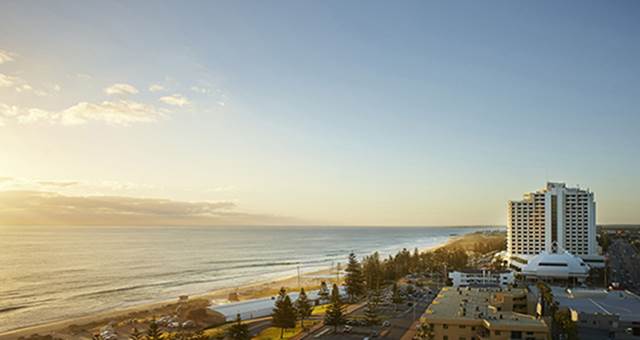
This was just one of the topics discussed at the Spice Industry Roundtable on Friday.
Ten industry leaders gathered to discuss the fate of membership-based associations, conferences on cruise ships, and marketing tactics for client retention and acquisition.
Ex-ISES members Lena Malouf, Tony Bonney, Keith Wootton, Meri Took and Felicity Zadro weighed in on whether the special events industry needs its own association. The upshot was that membership-based groups are struggling to attract new members and get existing members to attend events, especially if there is a ticket price. People are time poor so getting them to attend anything on a regular basis is a challenge, and asking busy professionals to donate their time to being on advisory boards is becoming increasingly difficult, despite everyone agreeing that industry engagement is a rewarding investment.
Events like Event Inception and Events Uncovered were identified as ways to bridge the knowledge, education and networking gap, as well as a proposed ‘Special Events Week’ supported by a body like Business Events Sydney.
Comments included, ‘Associations are a little old-fashioned’, and ‘All associations are grappling with the same issues’.
The outcome was that more strategic thought needs to be applied to this problem and that a white paper detailing the challenges, opportunities and what the future could look like is a potential way forward. With the government’s focus on tourism as an economic pillar, post-mining boom, major events will increasingly become a key selling point to attract visitors. Special events professionals will be the creative thought leaders behind this so it’s a matter of harnessing that intelligence, supporting it with funding, elevating the skillset in the eyes of the government, and lobbying for a serious presence at the tourism table.
The next topic was whether people would conference on a ship. The responses were mixed. Some said no because of the difficulty in ‘buying out’ the vessel due to the sheer size of many ships, while others had been to a conference on a ship (i.e. a Juvenile Diabetes conference where families were invited) that worked very well.
The positives of this style of conference is that it’s ‘incredibly easy to organise’, as well as being relatively low cost. The difficulty is that it’s ‘hard to lift the event out of the ecosystem of the cruise ship’. Planners need to work with the dynamic of the ship and ‘accept that it will be what it is’.
Insider Journeys, a company that runs Asian River Cruises on the Ganges, Irrawaddy, Yangtze and Mekhong, was identified as a good target for this market as the ships have 28 cabins so it’s easy to ‘own’.
Finally the group discussed client acquisition and retention strategies. Essentially it came down to not taking clients for granted, keeping it innovative and fresh, entertaining them on an annual basis and ‘doing a f*cking great job’.
Everyone conceded that relationship longevity was the result of being welcomed into the team so you’re no longer seen as a supplier but as an extension of the client’s own team.
Word of mouth was identified as being the number one referral method in the Australian market but that actual word of mouth and word of mouth marketing are two different things (more on that next week).
What do you think? Are associations dead? Would you host a conference on a cruise ship? And how do you keep your clients happy?
Special thanks goes to Trippas White Group who hosted the group at The Botanic Gardens Restaurant.




Associations that understand that members are seeking a return on the membership fee they pay via tangible value are trhiving. Where an industry association can actively assist its members to increase their income, increase their sales, decrease the cost of business, or otherwise give members a competitive advantage over non-members they will remain relevant, powerful and very much alive. Where associations don’t do this they will (like any business whether for profit or not for profit) disappear into the dustbin of history where they belong.